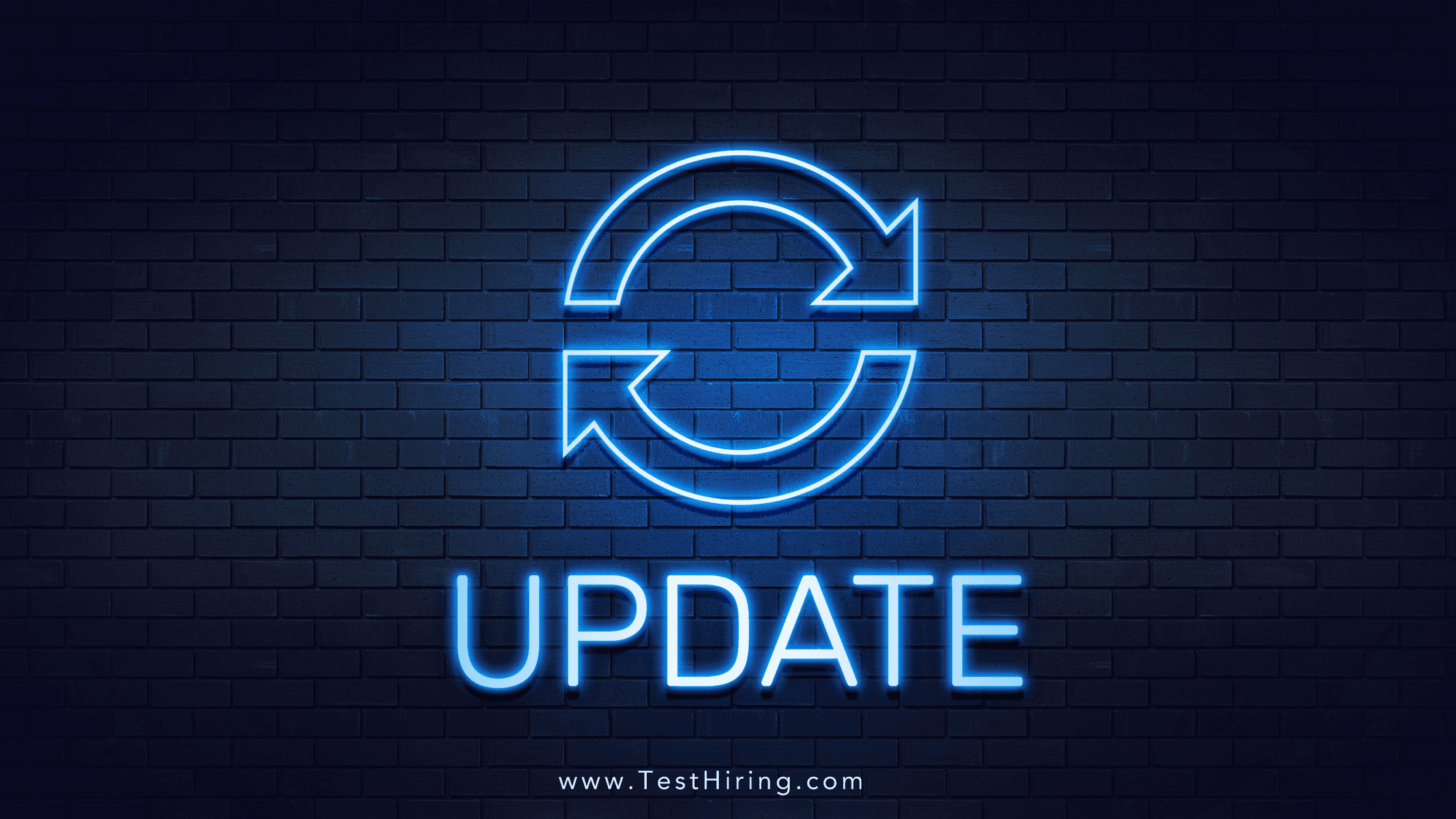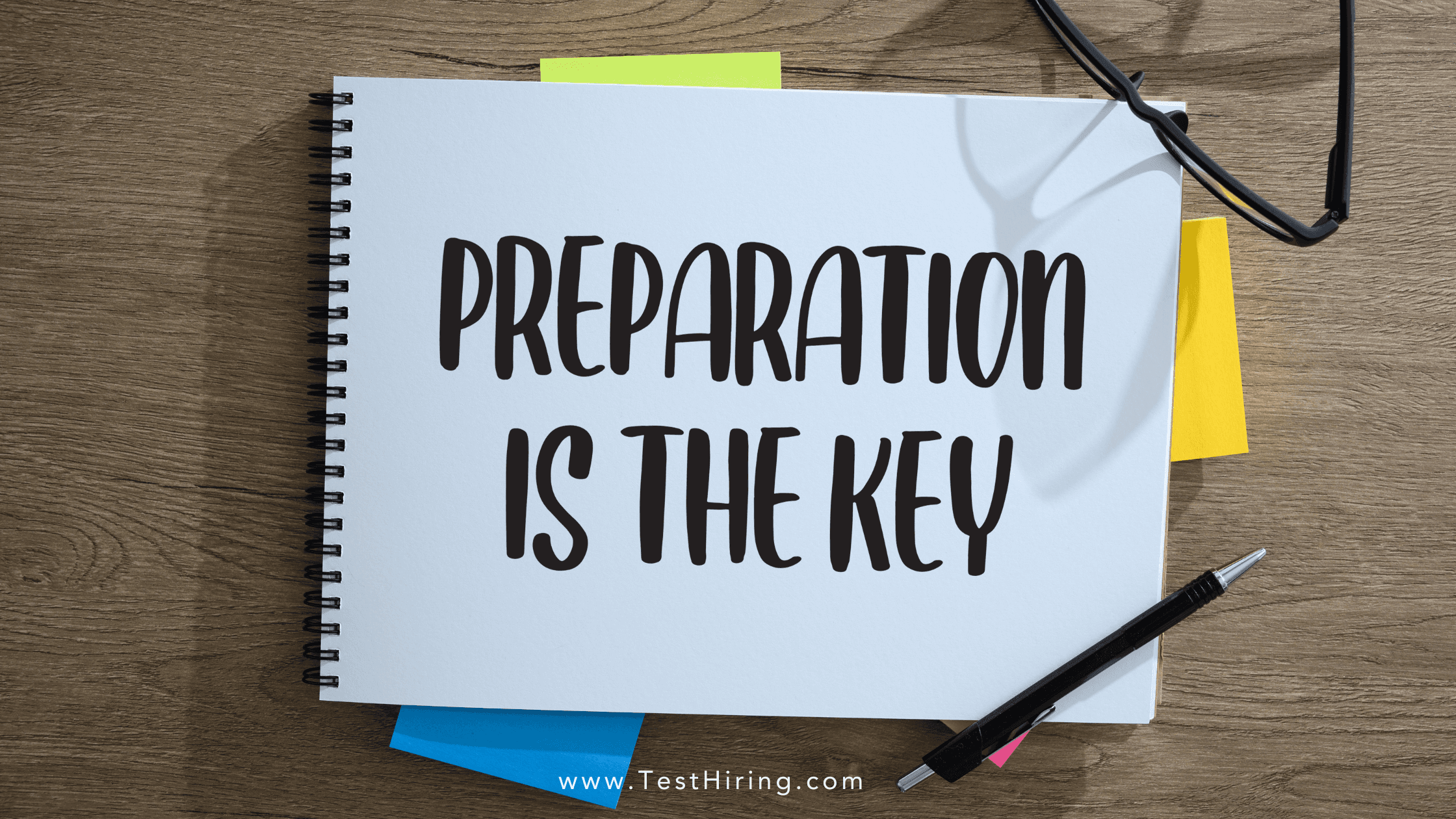In today’s fast-paced transforming industries, skills applicable in context some time ago may already be redundant. On-going technological developments, automatization, and evolving industry regulations are reshaping job roles across different sectors. Measuring skills has to constantly evolve to be in sync with today’s industry needs.
Employers, educators, and training institutions need to revise skills assessments on a regular basis to gauge competencies truly relevant in today's job market. The following are actions organizations can take to synchronize assessments with labor market advancements, new technology, and workforce needs.
The Need to Keep Skills Tests Modern
Closing the Skill Gap – Outdated evaluations can result in firms recruiting workers lacking today's industry-in-demand skills and therefore incurring a loss in productivity.
The Acceptance of Technological Advancements – As AI, digital tools, and automation continue to transform business sectors, employees must continue to update their skills.
Meeting Compliance and Regulatory Changes – Departments such as healthcare, finance, and education have constantly evolving regulations so employees have to stay in compliance.
Encouraging Employee Growth and Retention – Regular skills assessments allow us to identify areas of potential upskilling so that we can improve employee engagement and decrease employee turnovers.
Steps to Stay in Line with Current Industry Trends
1. Conduct Industry Research and Market Analysis
Remaining ahead of industry developments requires constant monitoring of:
Emerging technologies and automation trends
Changing work roles and skill sets
Compliance and regulatory changes
Findings of industry reports, professional societies, and government policies
For example, today cyber experts need to be knowledgeable about AI-driven attacks while marketing experts need to have expertise in data analysis and automated tools.
2. Gather Employer and Industry Expert Feedback
Who better to define relevant skills than those hiring and managing talent daily? Engaging with:
HR professionals
Industry leaders
Employment managers
Experts in the subject matter
They can also provide useful information about what is in demand. Industry panels, employer surveys, and liaison with professional bodies on a regular basis can help to keep assessments current.
3. Analyze Current Skills Test Performance Data
Ongoing review of test results will uncover skills gaps and areas of ineffective testing. Monitor for:
Low success in obsolete ideas
Skills whose time has passed but are still studied
Skills recently discovered and yet to be tried
Organizational test content can be enhanced through performance analysis of test-takers to make it fit in with real job requirements.
4. Combine Adaptive Testing with AI-Enabled Tests
Artificial intelligence-powered adaptive testing ensures exams are always dynamic and relevant. These systems:
Tailor difficulty levels to candidate responses
Identify trending skills with machine learning
Evolve in response to changing industry needs without major test redesign
For example, a certification exam in IT can add new cloud computing or new programming languages at any time when they become popular.
5. Refine and Expand Test Formats
Traditional multiple-choice questions may be too limited in themselves. More recent assessments must incorporate:
Simulation-based testing – Hands-on simulations to test skills in real-world scenarios (such as coding puzzles for programmers and financial modeling exercises for accountants).
Scenario-based evaluations – Exercise-type problem solving.
Soft skills evaluations – Examining leadership capabilities, flexibility, and communications.
This integrated strategy ensures that applicants are tested on both knowledge and application in addition to critical thinking.
The Future of Skills Assessments
Skills testing also becomes more adaptable, data-driven, and dynamic as business becomes more intricate. Firms that fail to keep up and continually refresh their assessments run the chance of hiring employees with outdated skills, leading to lower levels of productivity and an increase in training costs.
Companies can make their workforce capable and competitive by adopting contemporary test formats, cross-industry collaborations, and AI-powered assessments.
Bottom Line: It is about more than just keeping in touch with industry developments to refresh skills evaluations—it’s about future-proofing workforce development and employee talent.




